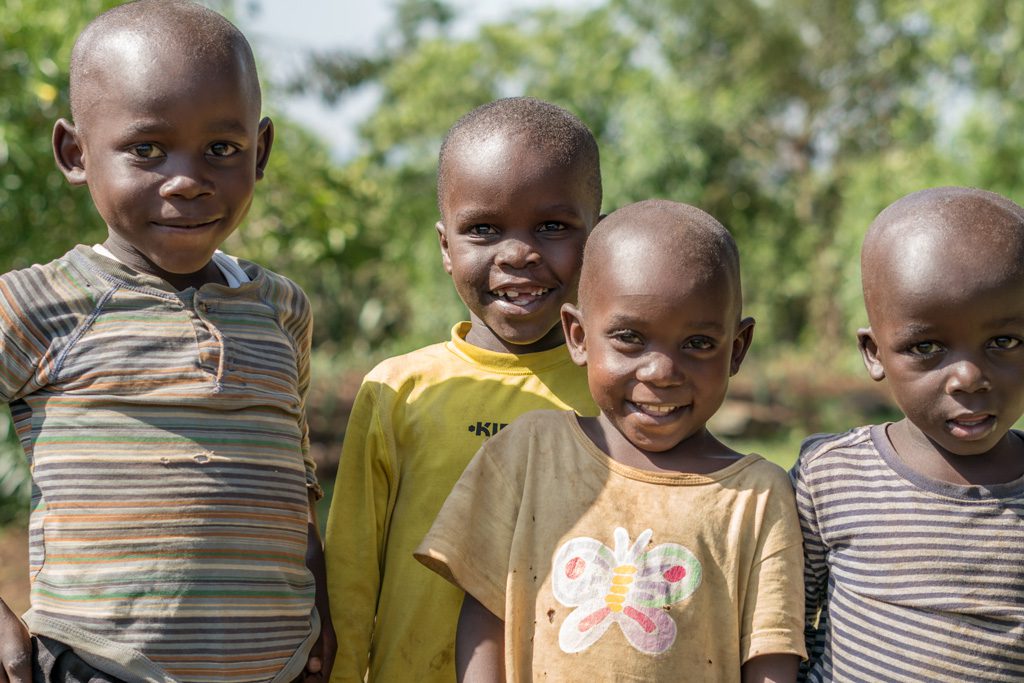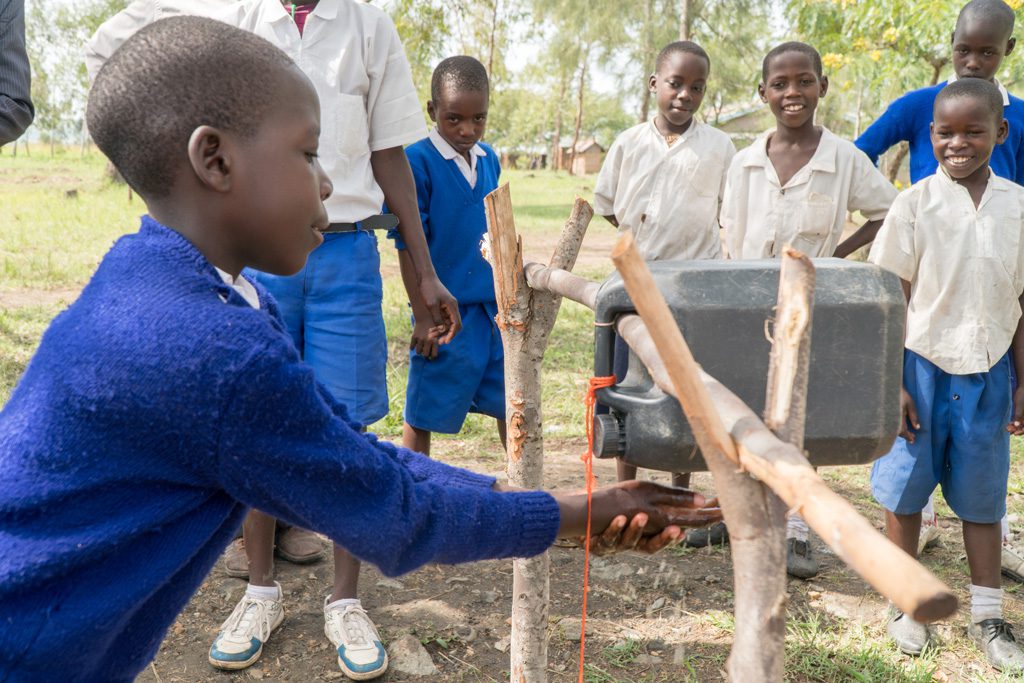When World Neighbors supporters travel to the 13 countries where the Oklahoma City-based nonprofit helps to change lives, it’s called a journey.
Dr. Susan Chambers journeyed in the 1990s to a tiny town in Mali, where she learned that babies had once been delivered with the help of “the village knife.”
But after receiving training from World Neighbors, the villagers drew from their common fund to replace the unsanitary knife with razor blades and bottles of Betadine.
They bought plastic mats so women giving birth “didn’t have to lay on the dirt, where they could get tetanus,” says Chambers, an Oklahoma City obstetrician.

Birth attendants learned triage skills “so they could recognize potential problems way early,” Chambers says.
When she returned to Mali in 2000, progress was evident. “I asked them, ‘What scares you now?’ and they said, ‘Nothing,’” she says. “They were so confident.”
World Neighbors was founded in 1951 by John Peters, an educator and pastor who witnessed deep poverty in the Philippines when he was stationed there during World War II. He described it during a sermon as a fill-in pastor at St. Luke’s United Methodist Church in Oklahoma City.
“People came up to him afterward and told him that his calling was to do something, and they wanted to help him,” says Robert Lachance, chief financial officer of World Neighbors.
Focusing on remote, ecologically fragile areas, World Neighbors works in Latin America, the Caribbean, South Asia and Africa. Rather than relief aid or micro-loans, it espouses a “savings and credit” program where villagers lend to one another.
Typical purchases are chickens, goats and guinea pigs, which are life-sustaining and a revenue source, says Kate Schecter, the group’s president and CEO. Other focal points include disaster-risk reduction, clean water, sustainable agriculture, nutrition and community health.
Villagers decide where to spend their money, Schecter says.
“We learn a lot from them,” she says. “In Nepal, there is a class of people who are landless, the poorest of the poor. They had looked at the markets and found out that mushrooms brought a high price. They came up with a fascinating technology to grow them in their homes.”
Chris Macoloo, regional director for efforts in Africa, says his perspective has changed since he joined World Neighbors in 2003.

Photos courtesy World Neighbors
“Initially I was an adherent of the official narrative that subsistence farmers are ignorant of their development challenges and had no clue about how to get themselves out of poverty,” he says. “The poor were expected to wait for assistance and guidance from outside sources.
“Having witnessed communities turn around their fortunes before my very eyes through World Neighbors’ facilitation has changed my perception of the poor and made me have deep respect for them.”
Lachance, who spent time in Africa during his corporate finance career, says “there really is no sense of entitlement there. They are looking to better themselves in difficult situations, trying to rise above it rather than just complain about it.”
Carol Blackwood and her husband, Charles, have volunteered since the early years.
“I really believe in the mission, and the methodology, to help people help themselves,” she says. “In Honduras, I saw villages where World Neighbors had worked with the people for 8 to 10 years but had been gone for 10 years, and the villagers were still being innovative.”






















